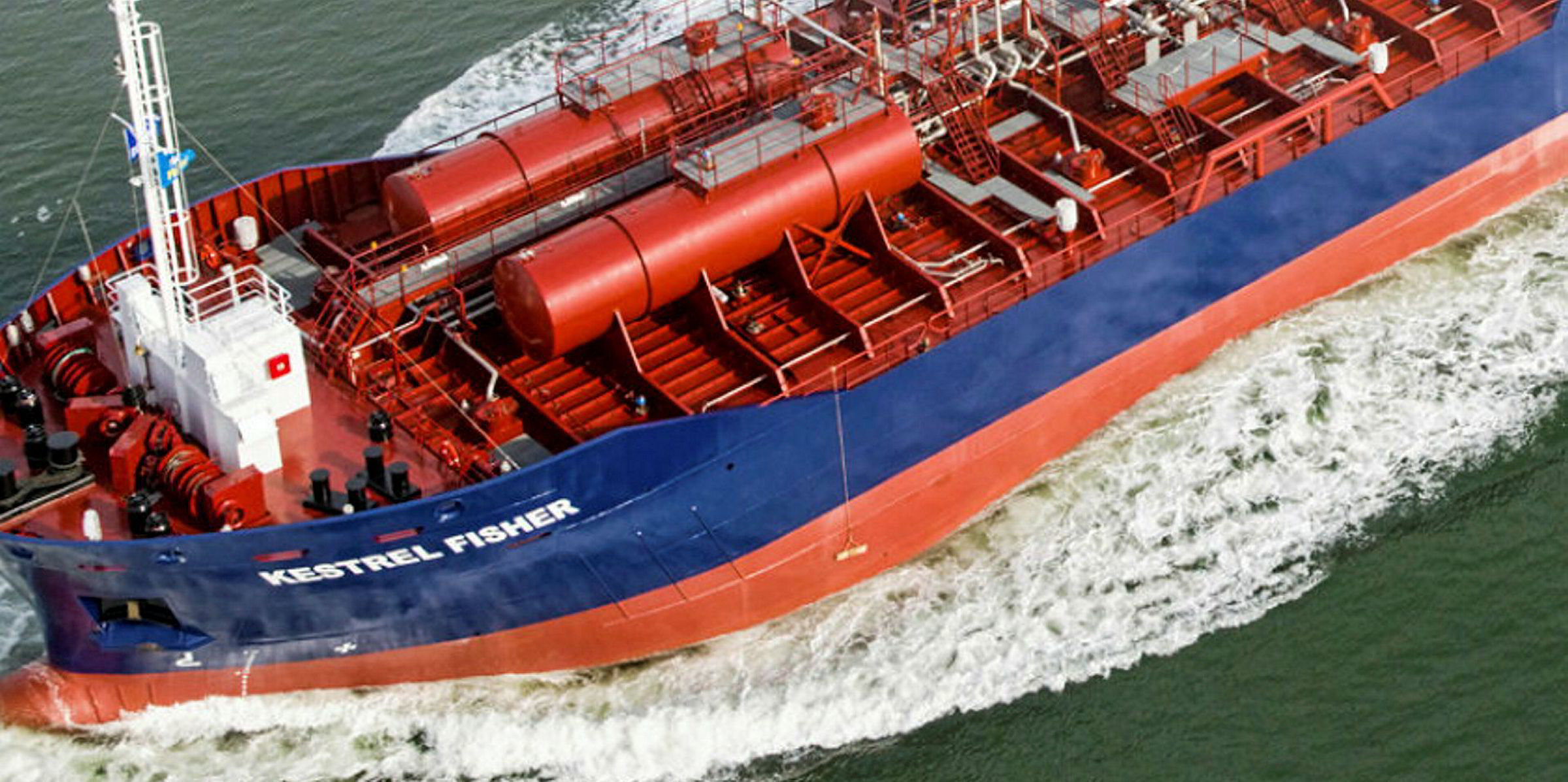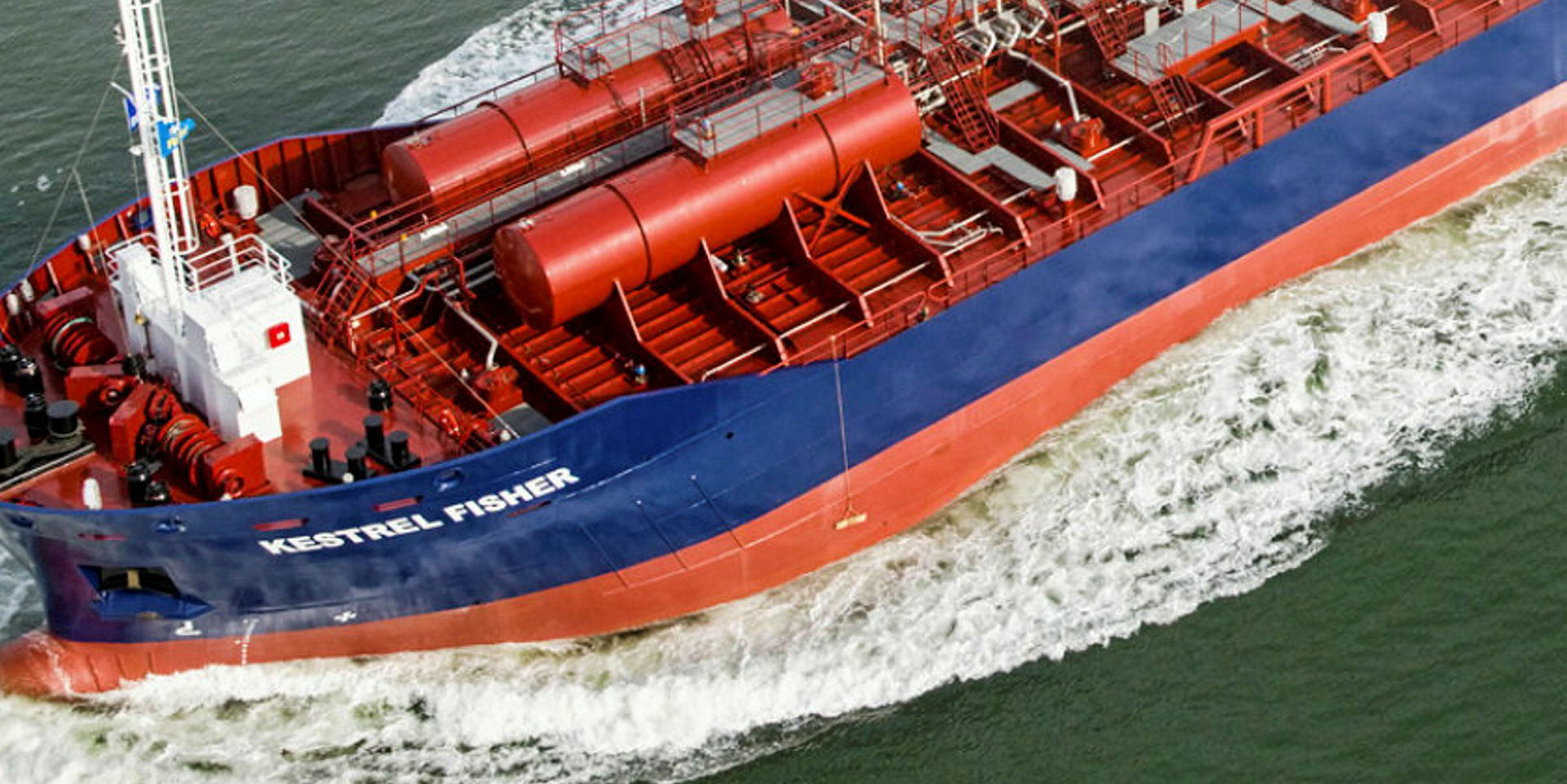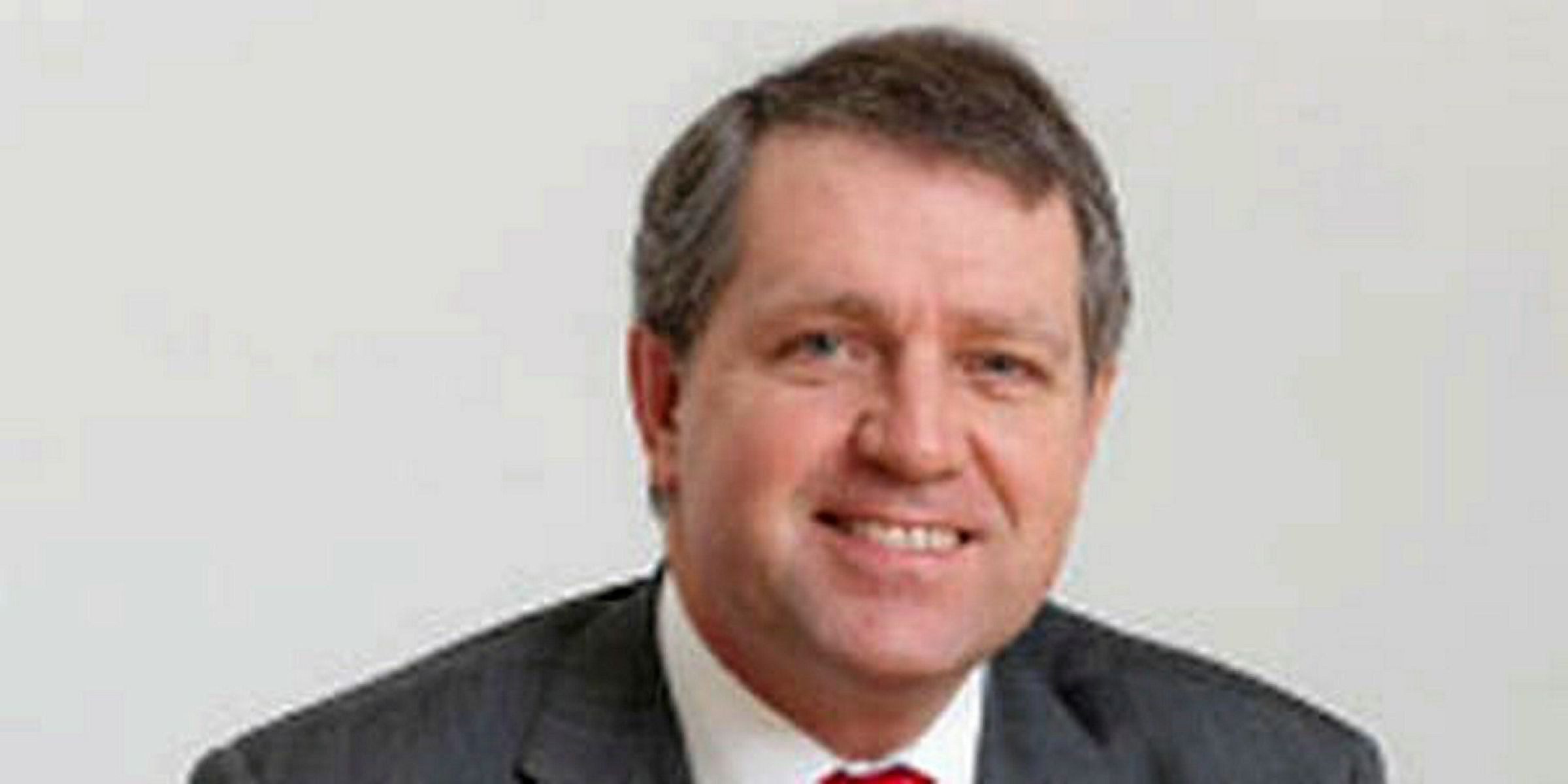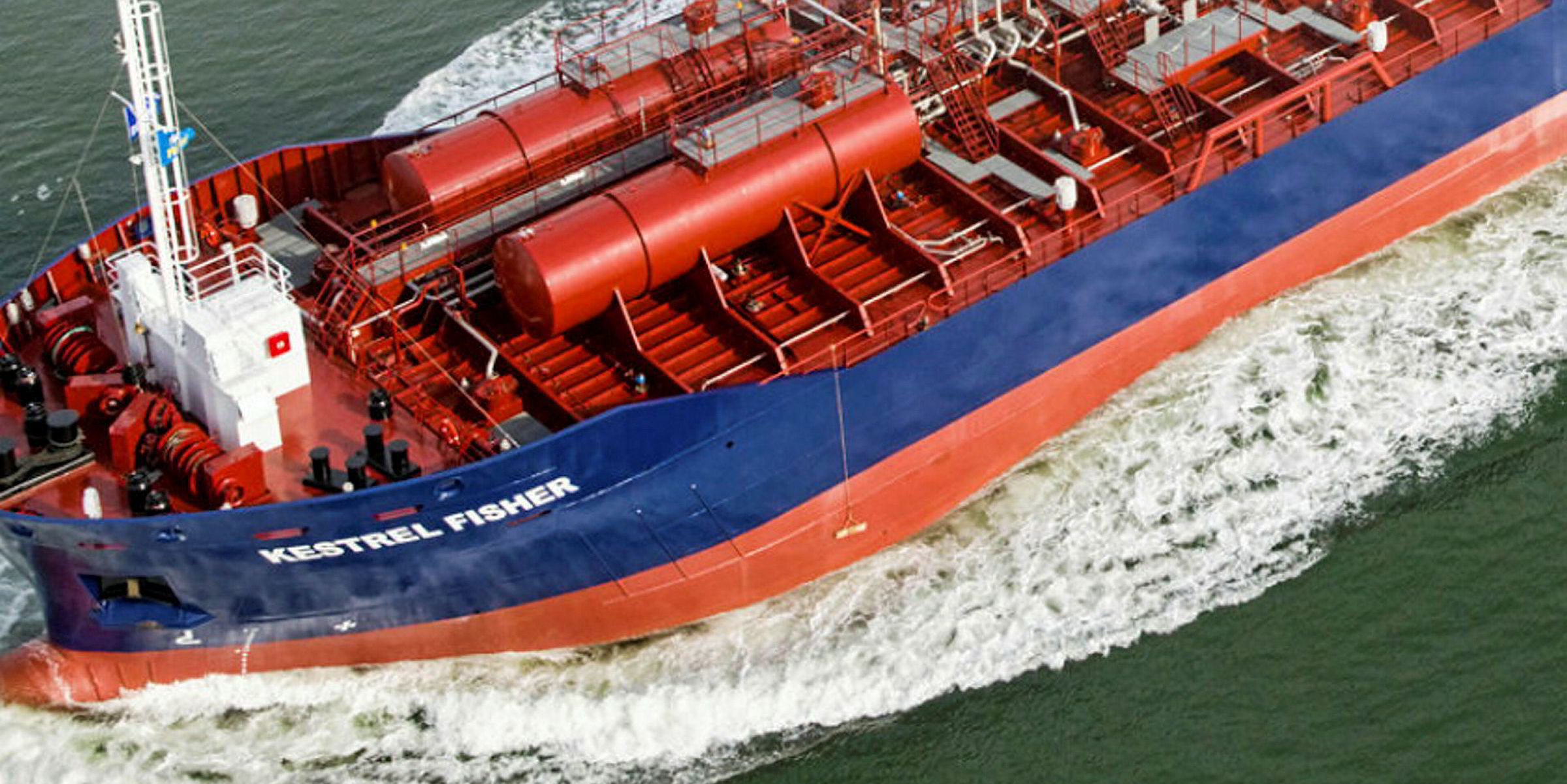New business acquisitions and growth in its tanker segment have helped James Fisher post a profit for the first six months of 2019.
Earnings for the period were £16.9m ($20.6m), compared to £17.7m in the first six months of 2018.
Group revenue was up 10% year on year at £286.9m, but the overall result was held back by higher administrative expenses.
The interim dividend per share is up 10% compared to last year at £0.113 per share.
Business acquisitions
In its first-half report, James Fisher said it aims to grow its business worldwide "in areas of specialist expertise", which will include further "selective" acquisitions in niche areas.
In August, it acquired a 60% stake in a Brazilian inspection, repair and maintenance (IRM) services firm Continental Participacao E Administracao, the holding company of Servicos Maritimos Continental.
January saw James Fisher buy 100% of Martek Holdings, a UK-based marine equipment manufacturer, and 60% of Saudi firm Murjan Al-Sharq for Marine Contracting (MSMC).
"The group has made good strategic progress in the first half with the acquisition in Brazil and the purchase of two dive support vessels," chief executive Nick Henry said in the report.
"We remain well positioned across all four of our divisions with significant growth opportunities ahead."
Henry is set to retire on 1 October and will be succeeded by Eoghan O'Lionaird as chief executive on 1 September, as TradeWinds reported in July.
Segment performance
Revenue for James Fisher's Tankships division was up 17% to £33.2m during the first six months, compared to the same time last year.
In July, the division was awarded a five-year contract to support the Royal Navy's fuelling requirements.
To service the contract, the firm purchased the 35,192-dwt tanker Raleigh Fisher (ex Maersk Raleigh; built 2005) for £9m from Maersk Tankers in July.
Meanwhile, James Fisher said its Marine Support segment's result was impacted by a "slow" start to the year, a weak market in South Africa and "doubtful" debt provisions in the first half.
Its Specialist Technical was broadly in line with that seen during the previous six months.
"The phasing of projects has made the year more weighted to the second half, which will also begin to benefit from the investment committed to in the first half," Henry said of the six months ahead.







